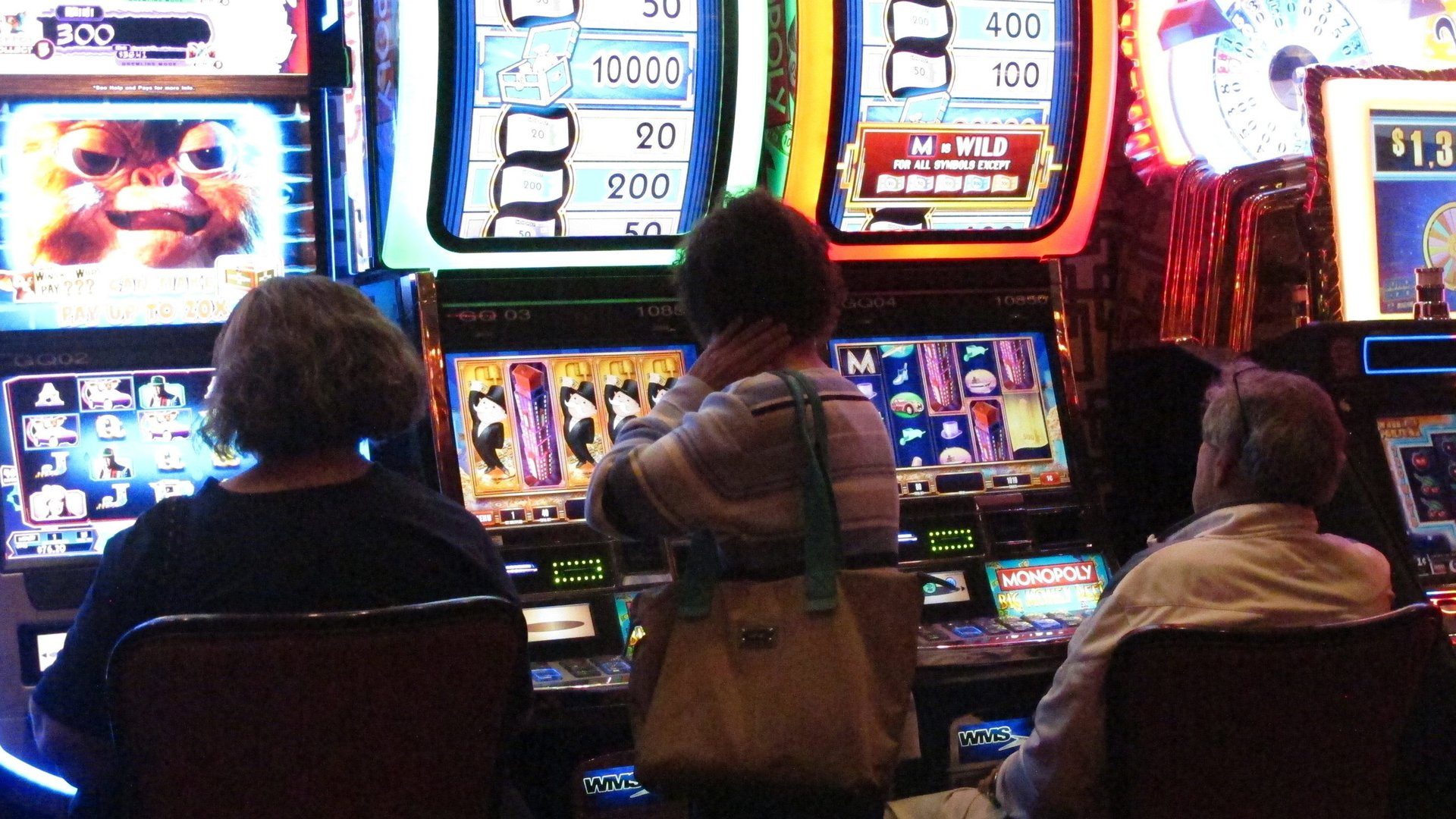China’s enormous new bridge is giving Macau’s casino scene a second golden age
One of the world’s most ambitious construction projects is giving a city in Asia, renowned for its bustling casino culture, a renaissance.


One of the world’s most ambitious construction projects is giving a city in Asia, renowned for its bustling casino culture, a renaissance.
Now that Macau is connected to Hong Kong by a brand-new, 34-mile (55 km) mega-bridge, the city is experiencing an influx of new visitors and a flurry of economic growth. An $18.7 billion Chinese project, the bridge—the world’s longest sea crossing—officially opened to motor traffic in October 2018.
The project has been highly controversial. Some in Hong Kong see it as the physical representation of what they believe to be the Chinese Communist Party’s long-term plan to strip the former British outpost of its democratic independence and recast it in the image of any other Chinese metropolis.
The bridge also has its fair share of critics in Macau, itself a former Portuguese colony, and currently, like Hong Kong, an autonomous territory under the Chinese government. Those include gripes about lack of sufficient parking, and more congestion as more tourists pour into the city. But in spite of those complaints, the project is proving to be a major boon for the city’s gambling industry, which in many ways defines the place. Macau has been called the “Monte Carlo of the East,” and has had a starring role in a bevy of films over the last century. Chinese tycoons, mobsters, Bruce Lee, and even James Bond have walked through the city’s casinos in movie scenes—all reminders that the place rose to prominence and thrived thanks mostly to its reputation as a gambler’s paradise.
That image has taken a beating in recent history, punctuated by several consecutive years of declining casino revenues, according to Forbes.
Still, to think of the city in the past tense would be a mistake, says Rob Goldstein, the chief operating officer of Las Vegas Sands. Goldstein’s Nevada-based company is among the largest in the gambling industry. It’s owned by magnate and Republican Party mega-donor Sheldon Adelson, and has a market cap of more than $46 billion.
“A lot of people thought Macau has seen it’s best days,” Goldstein told investors during a Jan. 23 company earnings call. “I was there last week, walked all the gaming floors, drove the bridge back and forth to Hong Kong. It’s just starting to touch its potential.”
For Macau’s casinos, the bridge is breathing new life into the industry, which already represents some 40% of the city’s gross domestic product.
Previously, the easiest, most affordable route to the island from Hong Kong—a city with some 7.4 million people and one of the highest per-capita incomes in the world, and a center of international finance and trade—was by boat. But now that there’s a land link, anyone who flies into Hong Kong can board a bus or rent a car to drive straight over to Macau.
Casino chains are building more hotel rooms, more retail space, and expanding gambling floors. Las Vegas Sands has invested upwards of $22 billion in the market overall, including in its Cotai Arena, a 15,000-seat indoor venue that attracts US and Asian entertainers and has become a major source of revenue. During the call, Goldstein showered investors with hyperbole and superlatives.
“We’re just very bullish and we are blinded by the extreme size of Macau in terms of the market today, but more important tomorrow,” Goldstein said. “The bridge is a game changer. It’s a magnificent achievement that accesses all China.”
The city has been besieged by tour groups, most of them hailing from Hong Kong. In the month after the bridge opened, Macau officials noted a record 103,000 people had crossed the port area of the bridge into the city. That included more than 200 tour groups, according to media reports.
With renewed focus on Macau, casino companies such as Las Vegas Sands are understandably salivating at an opportunity to draw more people through their front doors and foster a new period of interest in the city’s longtime favorite pastime.